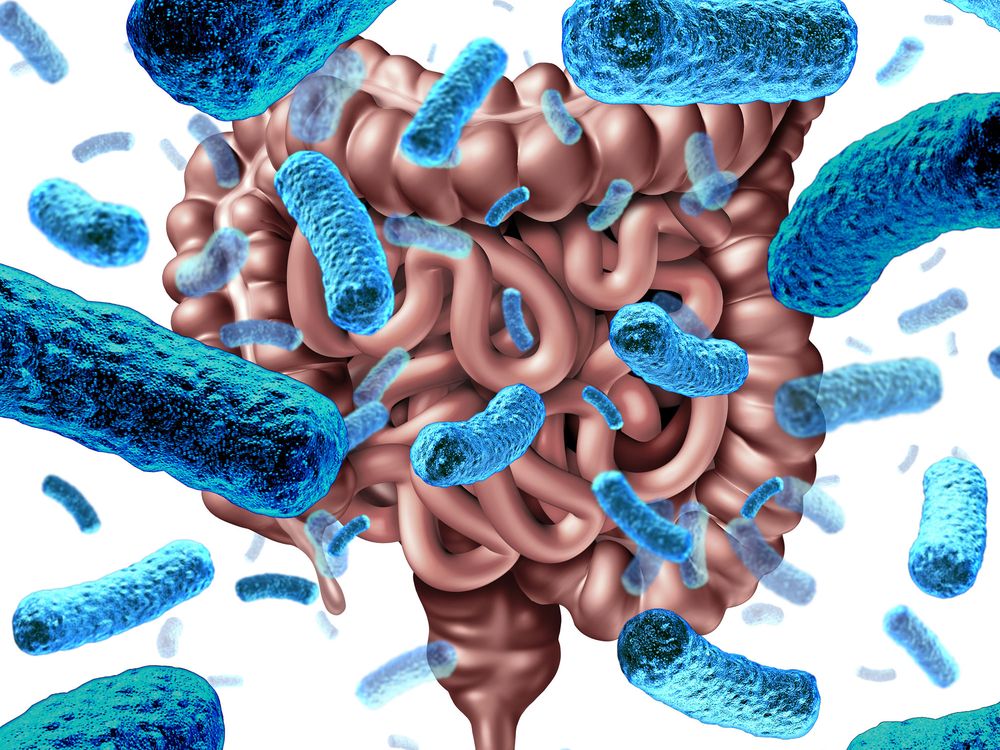Copyright © 2024 - Gearlabblog.com

A recent study from the University of Colorado Boulder has uncovered an “extraordinary” impact of a high-fat diet on anxiety, emphasizing the significant role of the gut-brain axis. Published in the journal Biological Research, this study highlights how a high-fat diet can disrupt gut bacteria, alter behavior, and impact brain chemicals, promoting anxiety.
The gut-brain axis is a complex communication network linking the gastrointestinal tract and the brain. Researchers have found that the gut microbiome, consisting of trillions of bacteria in our intestines, plays a crucial role in mental health. Previous studies have shown that gut bacteria composition can affect conditions like obesity, anxiety, and depression.
Given the rising prevalence of obesity and anxiety disorders, researchers aimed to explore if diet could influence both conditions. They focused on whether a high-fat diet, common in modern diets, could alter the gut microbiome and affect brain function and behavior. Understanding these mechanisms could help develop new treatments and preventive measures for mental health issues.
Researchers conducted a controlled experiment with adolescent rats, as their developmental stage is similar to that of human teenagers. The rats were divided into two groups: one fed a standard diet with 11% fat, and the other a high-fat diet with 45% fat. Over nine weeks, the researchers monitored changes in the rats’ gut microbiota and conducted behavioral tests to measure anxiety-like behavior.
Lead author Christopher Lowry explained, “Everyone knows that these are not healthy foods, but we tend to think about them strictly in terms of a little weight gain. If you understand that they also impact your brain in a way that can promote anxiety, that makes the stakes even higher.”
The study suggests that the disrupted gut microbiota might compromise the gut lining, allowing bacteria and their metabolites to enter the bloodstream and interact with the brain. This gut-brain communication could influence brain function and contribute to anxiety. Future research should confirm these results in human subjects and explore the specific gut-brain communication mechanisms.
The findings indicate that a high-fat diet not only affects physical health but also has profound effects on mental health by altering brain chemistry. This knowledge could lead to new microbiome-based approaches to prevent stress-related psychiatric disorders such as anxiety.
References:
By understanding the impact of dietary choices on mental health, we can make more informed decisions about what we eat, potentially reducing the risk of anxiety and improving overall well-being.